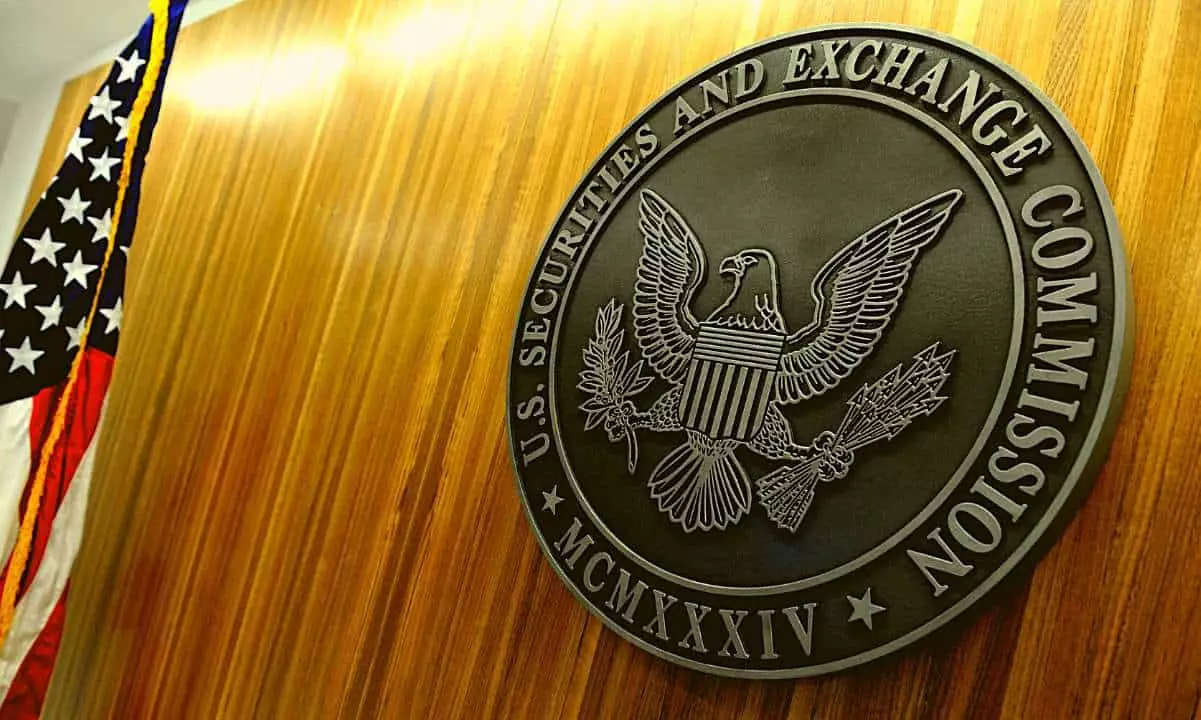The recent charges brought forth by the U.S. Securities and Exchange Commission against Galois Capital, a crypto-focused advisory firm, have shed light on the importance of proper custody of client assets in the crypto space. The SEC found that Galois failed to ensure that the crypto held for the private fund it was advising was kept with a qualified custodian, opting instead to use unqualified crypto trading platforms like FTX. As a result, approximately half of the fund’s assets under management were lost in connection with the collapse of FTX, marking it as the largest corporate crypto failure in history.
The collapse of FTX had far-reaching consequences, with customers losing a staggering $8 billion and investors losing $1.7 billion. During the subsequent trial of FTX’s CEO, it was revealed that massive fraud had been committed, including secret trading and misuse of customer funds with FTX’s sister trading desk, Alameda Research. This chain of events led to a ripple effect, causing mass contagion and bankruptcies of other firms that had put their trust in FTX, such as BlockFi, Genesis, and Gemini Earn. While some firms were able to recover assets for their users, FTX creditors are unlikely to fully reclaim their assets in crypto-denominated terms.
Aside from the custody issues, the SEC also noted that Galois misled investors by giving conflicting information about withdrawal requirements, exposing them to unnecessary risks. Corey Schuster, Co-Chief of the SEC Enforcement Division’s Asset Management Unit, emphasized the importance of holding advisers accountable for violating investor protection obligations. It is clear that the actions of Galois Capital have raised serious concerns about the safety and security of investor funds in the crypto space.
The case of Galois Capital serves as a stark reminder of the importance of thorough due diligence when selecting custodians for crypto assets. It is essential for advisory firms to prioritize the security and protection of client funds, even if it means opting for more established custodians over newer players in the market. Additionally, transparency and clear communication with investors are crucial to maintaining trust and credibility in the industry.
The fallout of the FTX collapse and the subsequent charges against Galois Capital highlight the significant risks that exist in the crypto space, particularly concerning custody and investor protection. As regulators continue to crack down on violations and misconduct, it is imperative for firms operating in this space to uphold the highest standards of integrity and accountability. Only by learning from past mistakes and implementing stronger safeguards can the industry move towards a more secure and sustainable future.


Leave a Reply